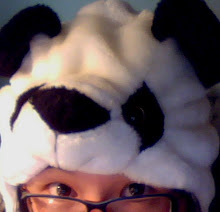When I was growing up, I skipped a year of primary school (through pure genius, obviously), and so was always the youngest one of my friends. As I get nearer to the age of 30 (I can't believe it, but I guess nobody ever can), I have started to become one of the older people in my workplace, and in some groups of friends. I can deal with this, of course, but what makes it a bit more difficult is that according to Chinese age reckoning, I'm now 31. That's right. You may wonder how this works, and I will try to explain. In Chinese thinking, a person is 1 when they are born, not 0. Kind of makes sense, as you've been developing for the better part of a year by the time you emerge into the world. So, add a year to what you say your age is now, if you want to convert. As well as this, Chinese people don't 'age' on their birthdays. Nobody adds another year to their tally until Chinese New Year. And you can add another year now, since Chinese New Year was last week. So how does this work out for me? Well, the year I was born, Chinese New Year was about a week after my birthday. That means that when I was a week old, I was two (Chinese) years old already. No wonder I was always smart for my age. Additionally, had I been born a week or two later, I would now be a year younger. Go figure.
Subscribe to:
Post Comments (Atom)

No wonder people get a far off look and start counting whenever I ask them their age here in Taiwan. I knew about being one when born, so I knew to add a year to my age, but I didn't know about not aging on your birthday, just on Chinese New Year. Thanks for the "Ah-ha!" moment.
ReplyDeleteYou're welcome! Also, people often say that their 'age' is the year they were born, so I've had people answer '83' (etc) before. I always giggle a little bit inside and have to resist the urge to tell them they look really good for their age.
ReplyDelete